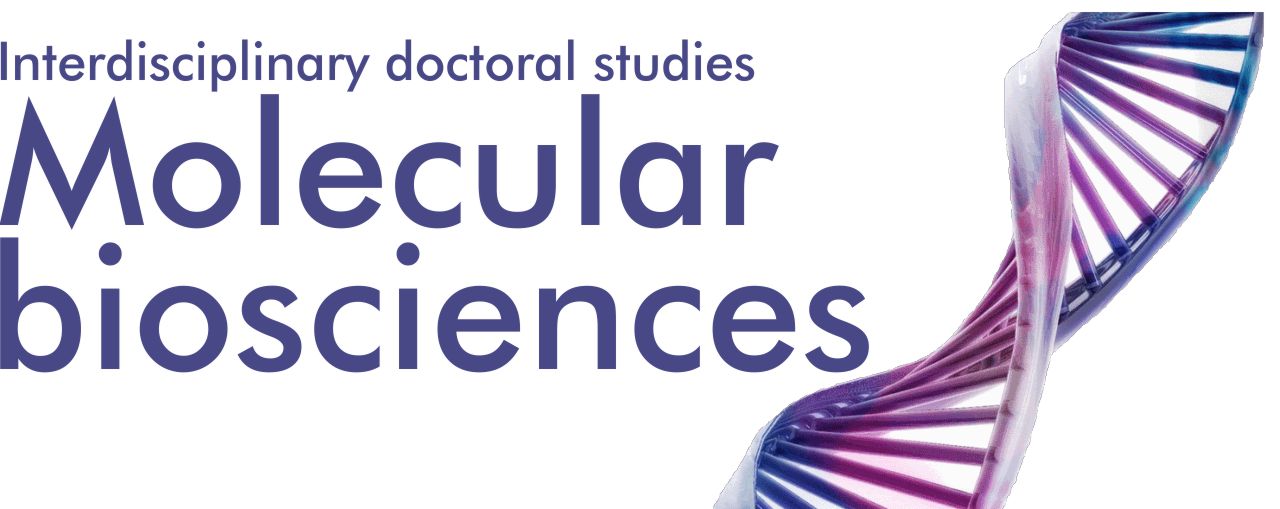| Cipher: | 2617 |
| Nomenclature: | Basics of nutrigenomics |
| Study programme: | Molecular biosciences |
| Module: | Biomedicine |
| Case holder: | Prof.dr.sc. Ljubica Glavaš-Obrovac |
| Institution of the case holder: | Faculty of Medicine, Josip Juraj Strossmayer University of Osijek |
| Contributors - Contractors: | Doc.dr.sc. Goran Ćurić |
| Subject status: | Electoral College |
| The year in which the case is submitted: | Year I |
| The semester in which the case is submitted: | Semester II |
| Subject objective: | Understand how at the molecular level food ingredients affect human health directly or indirectly altering gene expression, metabolic pathways and homeostatic control. |
| Case contents: | What is nutrigenomics and the role of micronutrients and macronutrients in metabolism; Transcription factors and how they can mediate in food-gene interactions; The immune response of the organism in the disease; Signaling pathways and signal transmission in tumor diseases and inflammatory reactions; Nutrition and genes combined with the formation of tumors. Tools for the analysis of genomes and their application in nutrigenomics; The basics of bioinformatics and how to make data useful to biologists; Polymorphism in genes and sensitivity of genotypes to the type of diet; Molecular biomarkers; Functional food and adaptation of nutrition to the sensitive genotype.; The role of nutraceuticals in improving health and the mechanism of their action; Benefits and questionable effects of nutraceuticals. |
| Learning outcomes: competences, knowledge, skills that the subject develops: | 1. Explain the basics of genetics, genomics and gene regulation in relation to nutrition. |
| ECTS Credits | 5 |
| Lectures | 20 |
| Seminars (IS) | 5 |
| Exercises (E) | 0 |
| Altogether | 25 |
| The way of teaching and acquiring knowledge: | Student obligations: |
| Ways of teaching and acquiring knowledge: (notes) | |
| Monitoring and evaluating students (mark in fat printing only relevant categories) | Teaching activities, Mandatory seminar work |
| Rating method: | Written exam, 9 |
| Mandatory literature: | 1. L. R. Ferguson (Ed). Nutrigenomics and Nutrigenetics in Functional Foods and Personalized Nutrition, 1st Ed, 2013. |
| Supplementary (recommended) literature: | 1. T. Brody: Nutritional Biochemistry, 1st Ed, Academic Press, San Diego, USA, 1999. |
| How to monitor the quality and performance performance (evaluation): | Check the understanding of the information received, the presentation method and the scope of the material adopted by using the questionnaire at the end of the lecture of the subject |
